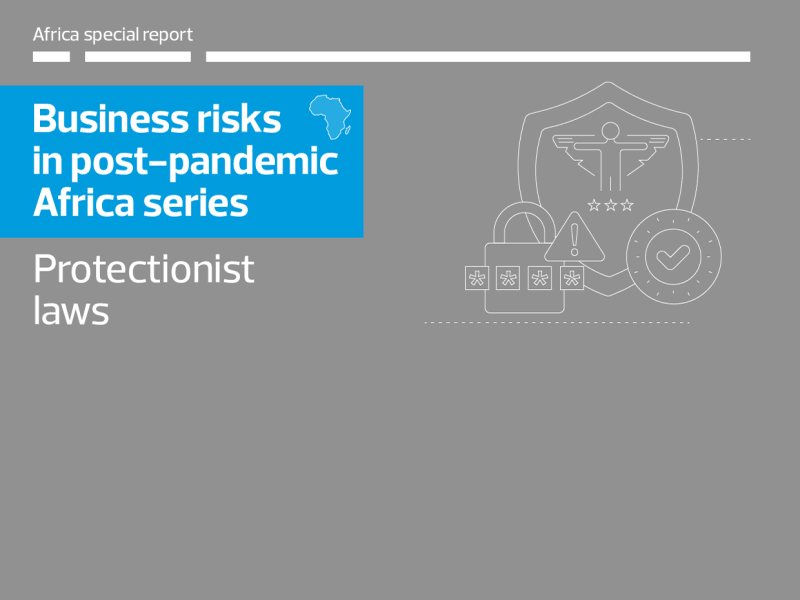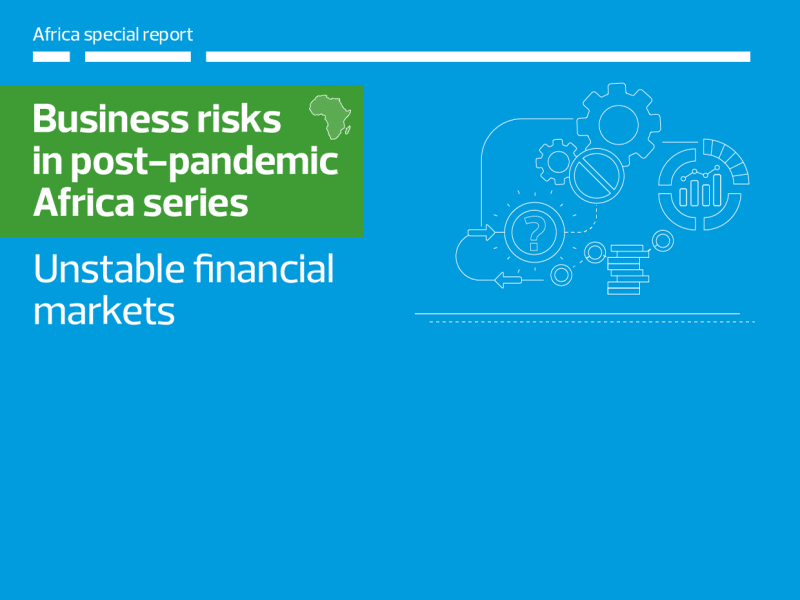Political instability can have a multifaceted influence over many areas of business risk, in particular the effects of the financial and economic situation in a country. Governments are responsible for establishing rules and policies and those that lack strong Foreign Direct Investment (FDI) policies or those that are contending with political unrest, will fail to inspire investor confidence.
In this regard, Glenn Barklie, Chief Economist of Investment Monitor, has remarked, “Investors will be more comfortable investing in a location that has a similar (or more favourable) environment to their own country.”
Mphile Manana, RSM Eswatini observes, “Constant political uprisings and social instability represent challenges for investors or organisations looking to enter the African market. Eswatini, for example, experienced political unrest in the second quarter of 2021 as residents called for a regime change.
“This unrest saw local businesses being looted, and some destroyed, leading to business in general grinding to a halt for a couple of days.
“These were unprecedented protests in Eswatini and businesses were caught off-guard as previous protests had been peaceful. The calls for regime change are still ongoing even though we have not experienced violent protests like the ones that took place in June 2021.
The future therefore remains uncertain for businesses across the country.
“Eswatini is a small country, and therefore protests and political instability can interrupt almost all businesses in the country. All businesses should therefore have plans in place wherever possible to mitigate against business interruptions.
“As much as businesses may not want to interfere with the politics of the country, the fact remains that they stand to lose a significant amount and therefore need to come together to ensure a meaningful national dialogue takes place.”
Titus Marago, RSM Eastern Africa, also commented, “In the quest for democracy, most countries within the East African region over the last fifty or so years have experienced political instability during the transfer of power from one regime to another. Such instability has made it unattractive for investors to establish businesses within the region. In the more recent past however, many countries have experienced a more peaceful transfer of power from one political party to another as part of the region’s ongoing political liberalisation. This is good news for the region as a whole.”
“A political crisis like those seen in past elections, can lead to the closure of factories, accumulation of delays in supplies, cancellation by tour operators in the tourism sector and even to the collapse of the stock market. In the past, the impact of a political crisis on businesses meant they could not physically operate due to lack of supplies.
“Although the upcoming election is predicted to be peaceful, in advance of any politically significant moments, businesses should consider early debt collection and restocking of raw materials. Also, if possible, they should make any necessary arrangements with the government to protect the company’s assets.”
Political unrest in Africa has created a threat to safety, peace and property for many people and businesses in the region. For some investors, this has thrown up greater considerations before they invest in African businesses. It’s not all doom and gloom however, as mentioned, some countries have managed to stay peaceful. Time will tell if businesses and investors can protect their assets.




